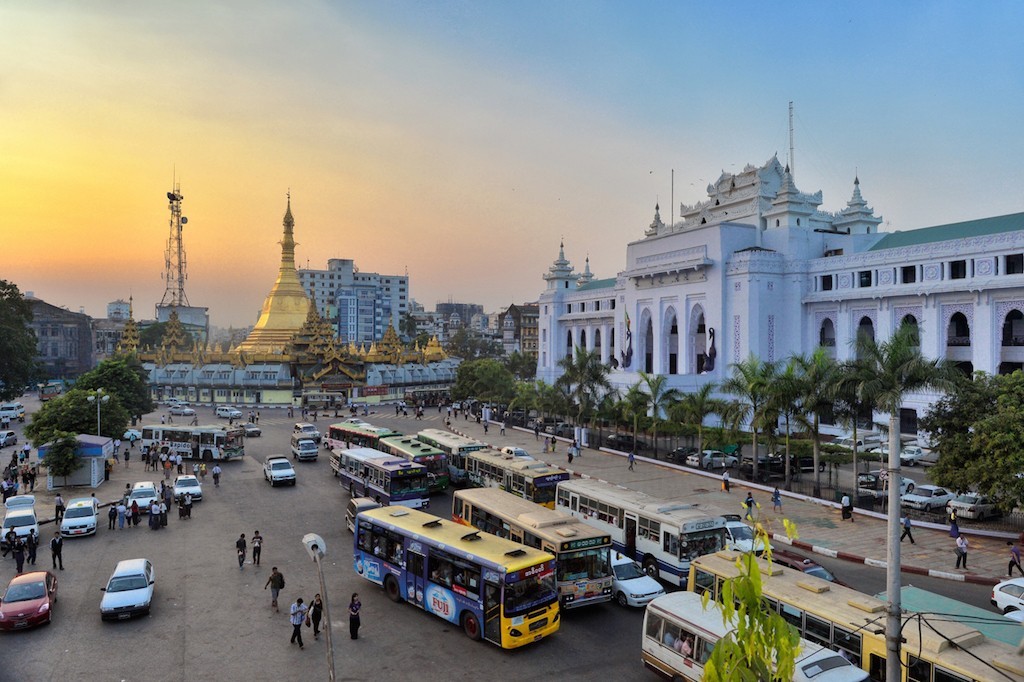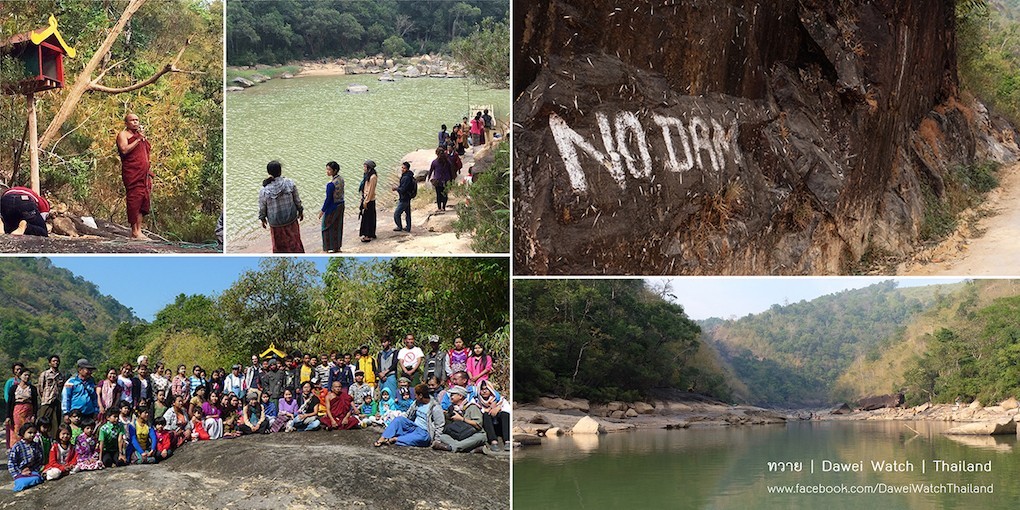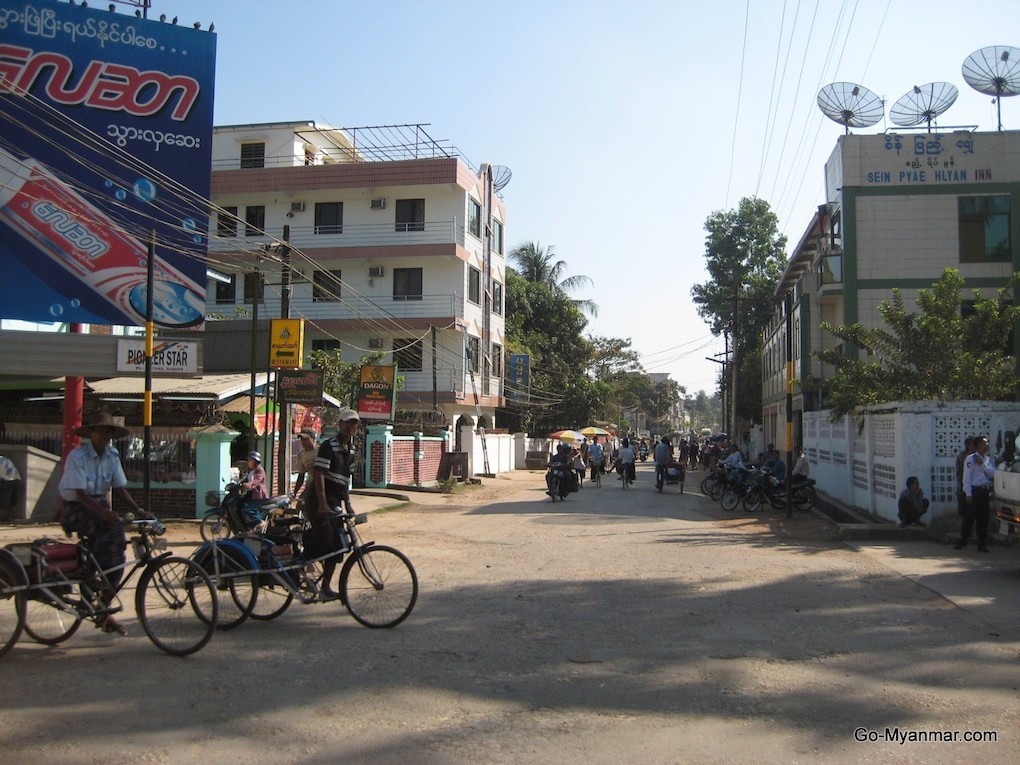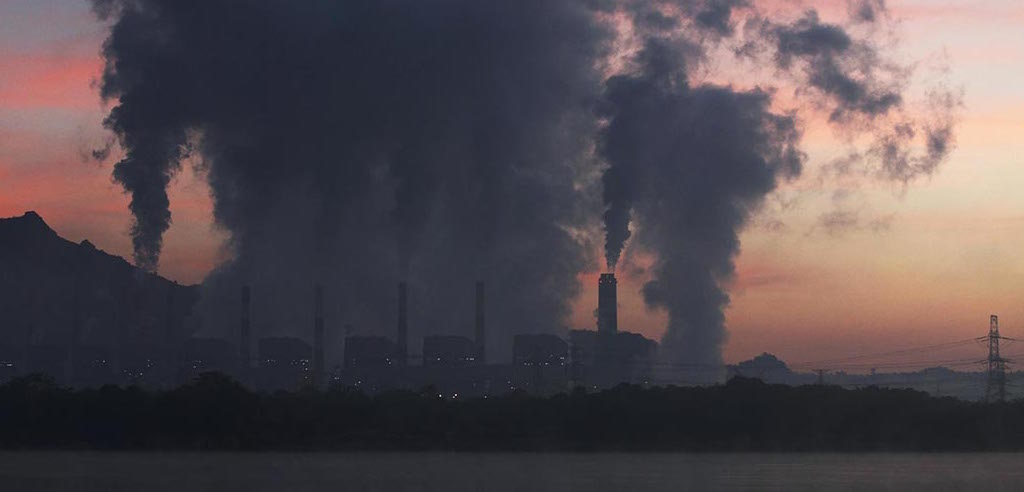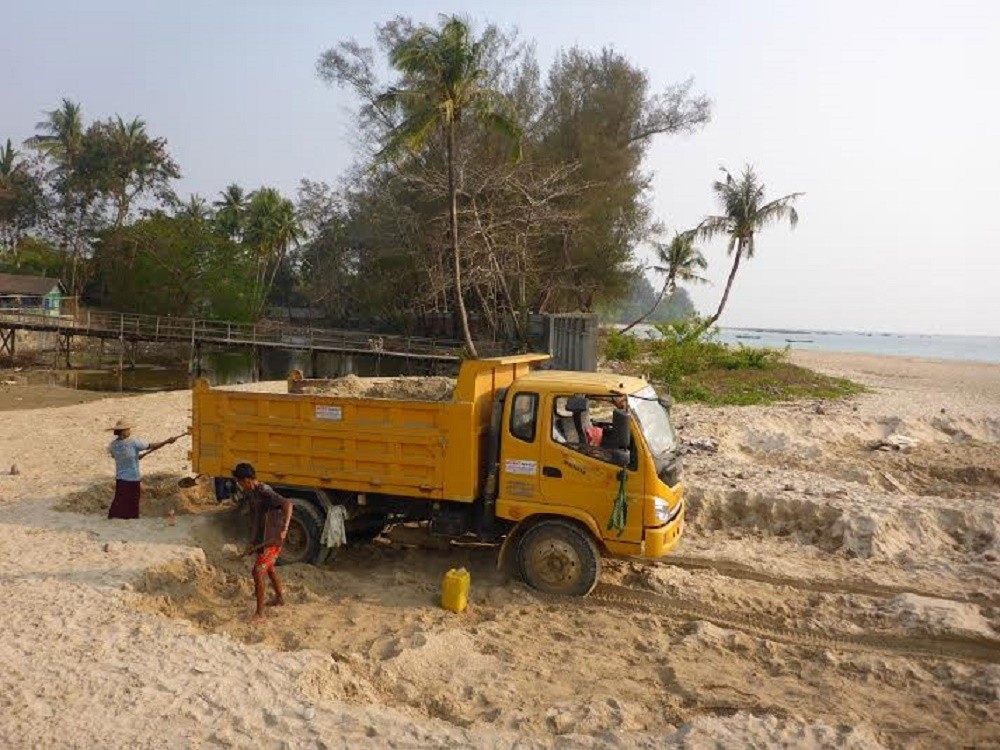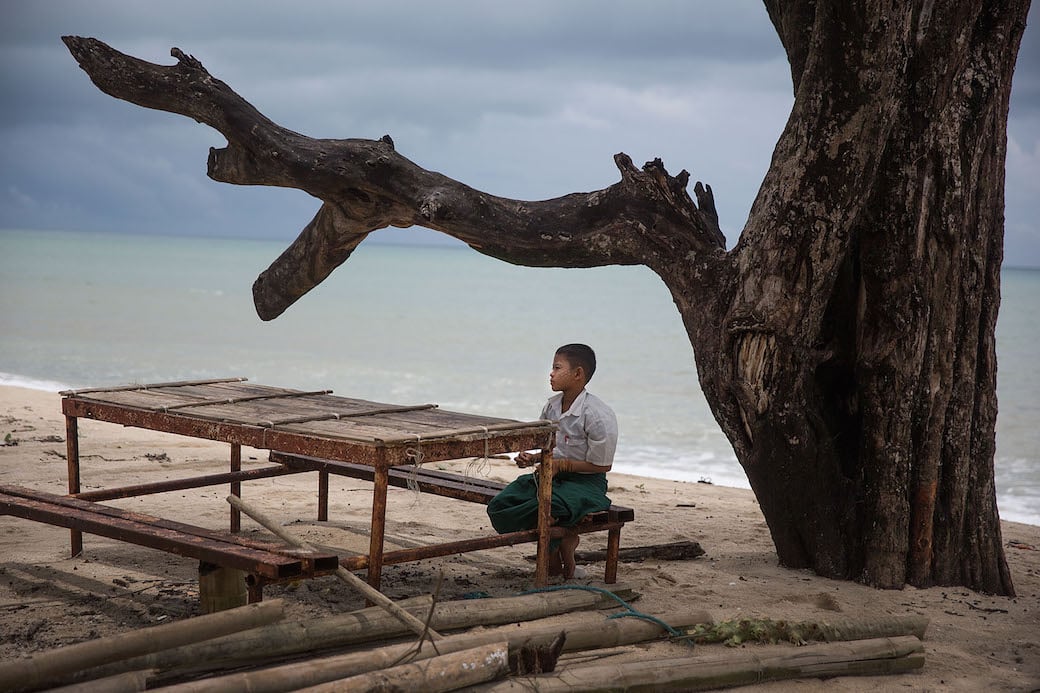Representatives of US companies have become frequent guests at the Myanmar Federation of Chamber of Commerce and Industry these days as they explore business opportunities in the long-isolated country.
The visits have gathered pace since the National League for Democracy (NLD) won the election and the power transition from military rule appeared to be going smoothly, Win Aung, president of the federation, said last week.
“I strongly believe that Myanmar-US economic relations will strengthen in the next government’s term.


